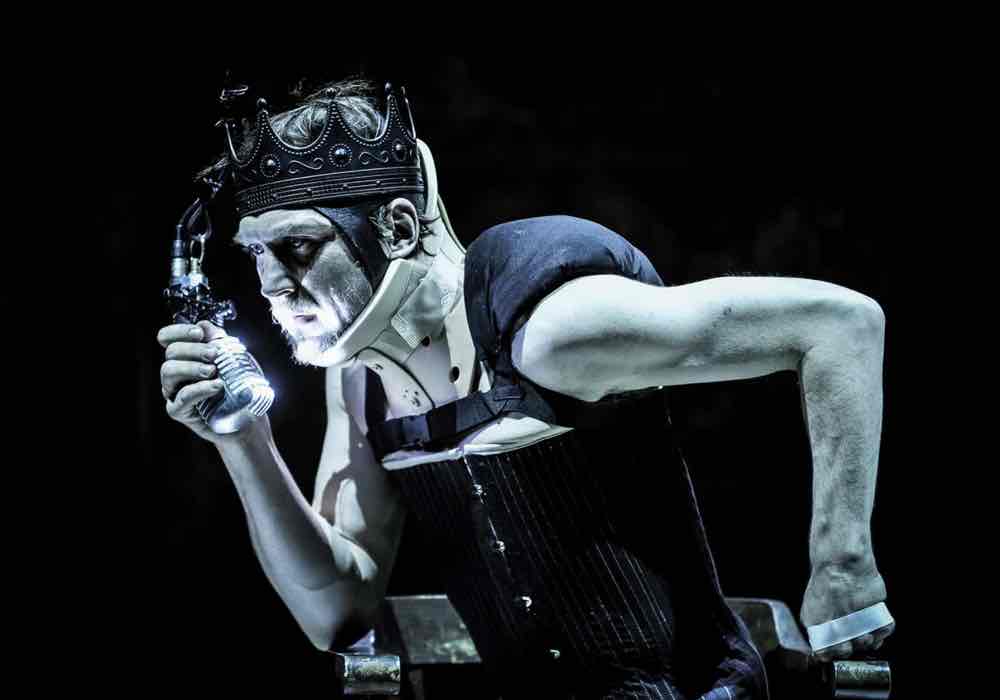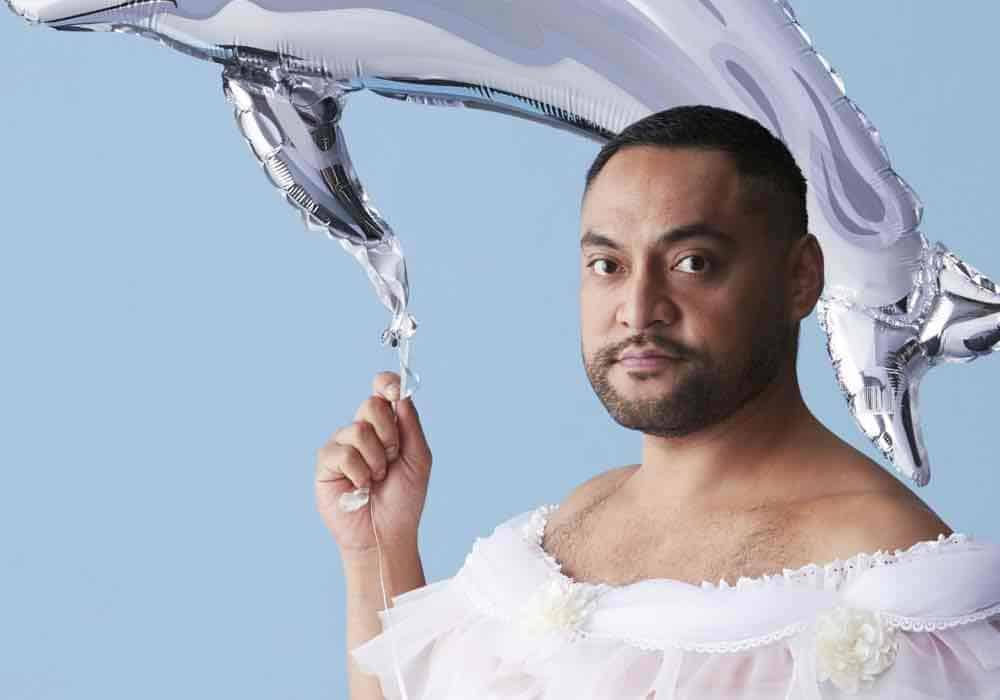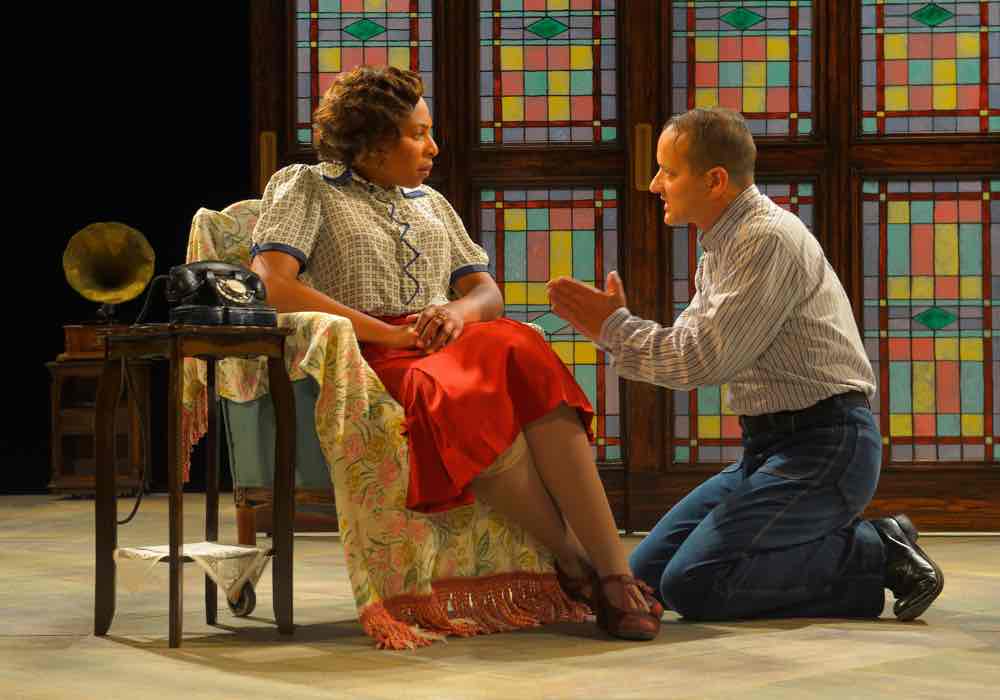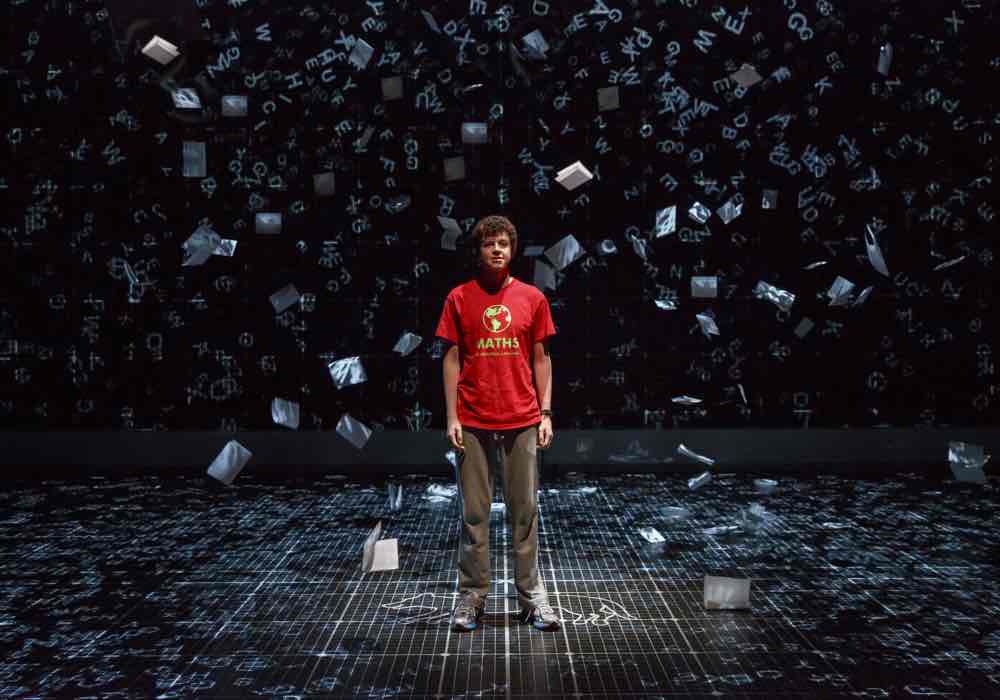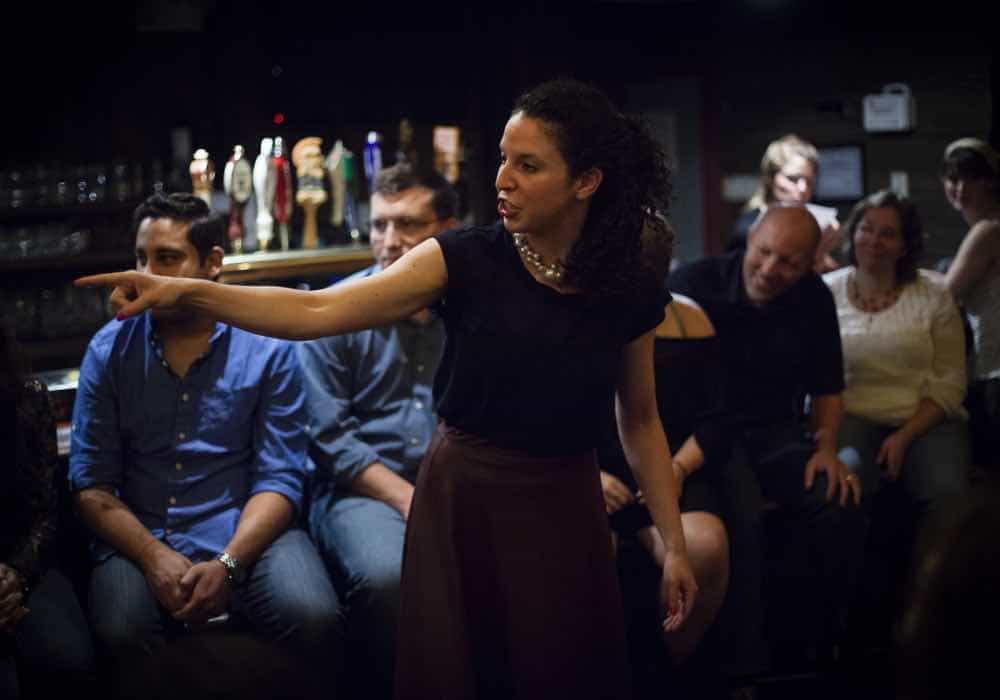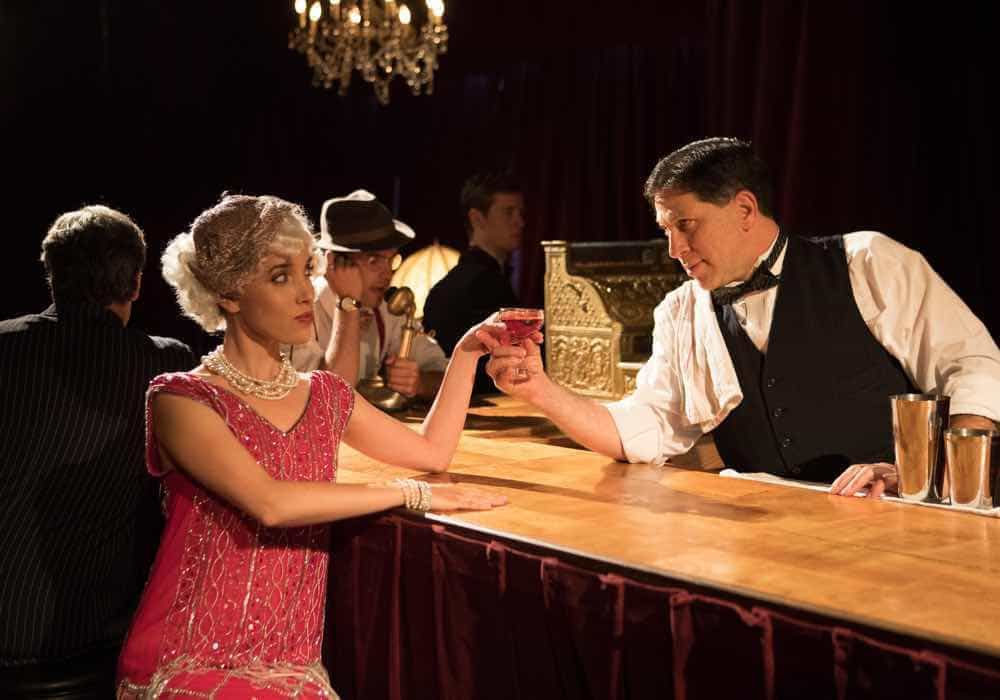Thomas Ostermeier’s inventive Richard III starring Lars Eidinger made its US debut at Brooklyn Academy of Music’s Next Wave Festival this month. Even in German with English ad-libs, this is Shakespeare through and through.
Theatre
Here you will find reviews of local theatre productions the world round, with a particular focus on the Greater Toronto Area and the San Francisco Bay Area. We also review many "Digital Theatre" productions — live recordings of theatre — and explore how this new medium presents theatre productions, for better or worse. We especially focus on NTLive, RSC On Screen, and Globe Theatre On Screen productions. And we have a soft spot for modern Shakespeare productions.
Sydney Theatre Company’s rollicking Cloud Nine subverts stereotypes
With fast-biting dialogue and quasi-slapstick humour, Sydney Theatre Company’s revival of Caryl Churchill’s Cloud Nine is full of kinetic energy, 38 years after its premiere. A satirical portrait of colonial Africa that shows how Western values stifle authentic expression, director Kip Williams invigorates his production’s contrasting two-act movement with radical, vibrant humour that presents a […]
Review: A surprisingly optimistic The Glass Menagerie from Lisa Portes
At CalShakes, director Lisa Portes reimagines Tennessee Williams’ The Glass Menagerie as a story of a well-intentioned but dysfunctional African American family.
Review: The Curious Incident of the Dog in the Night-time is inventive — to a fault
Marianne Elliott’s The Curious Incident of the Dog in the Night-time takes us inside the mind of Christopher Boone, a sixteen-year-old with Asperger’s Syndrome who loves maths.
Drunk Shakespeare is a riveting mix of Macbeth and tequila
Drunk Shakespeare is an abridged 90-minute whirlwind version of Macbeth full of jokes, drinks, and audience participation.
Review: San Francisco’s beautiful The Speakeasy is more bar than theatre
San Francisco’s site-specific The Speakeasy from Boxcar Theatre invites you into a Prohibition-era haunt with amazing period costumes and design but fall shorts on story.
